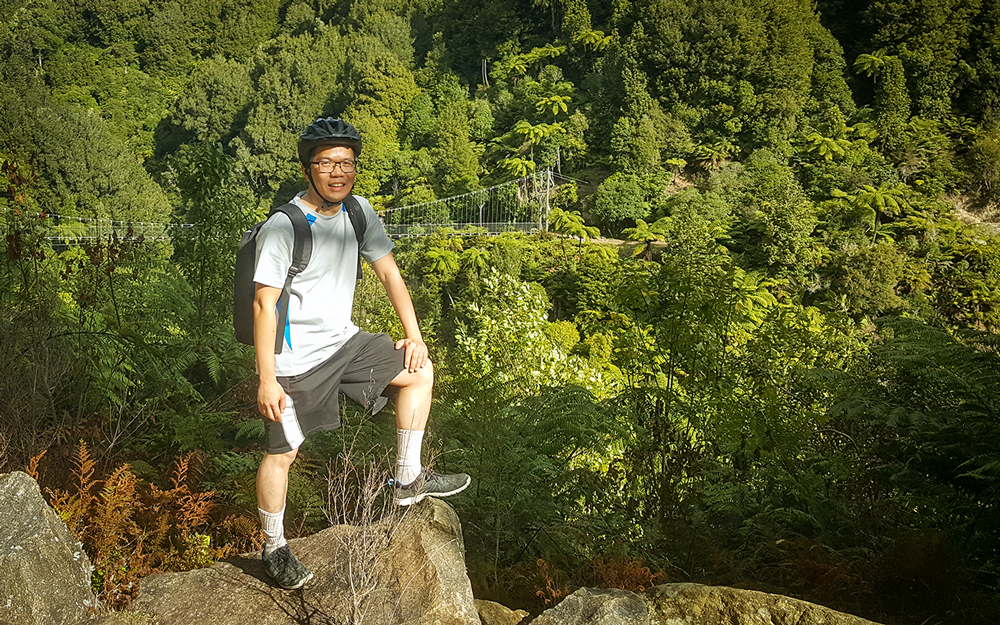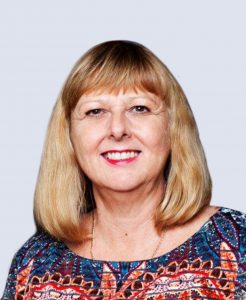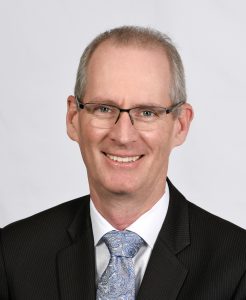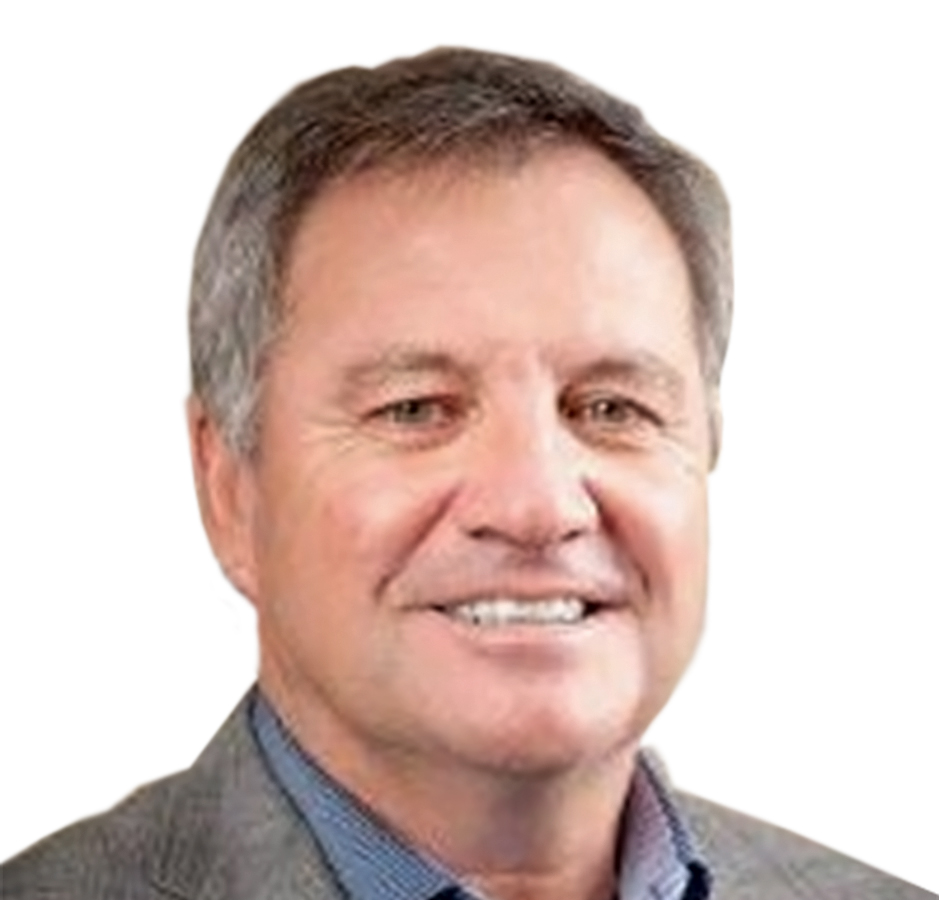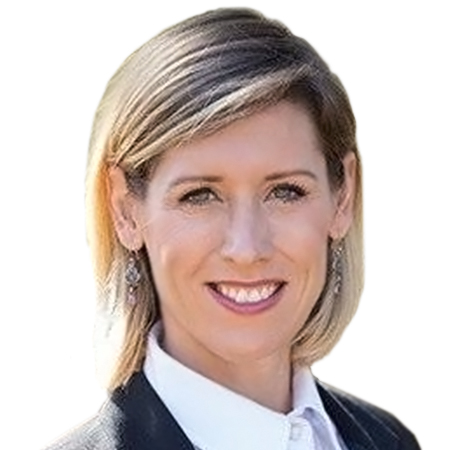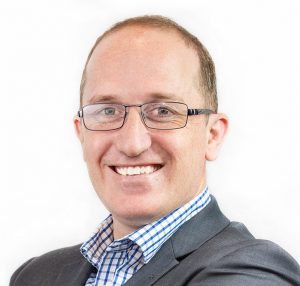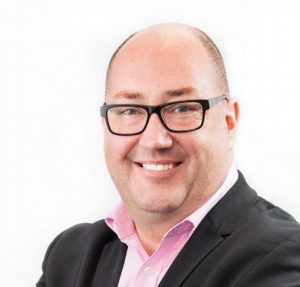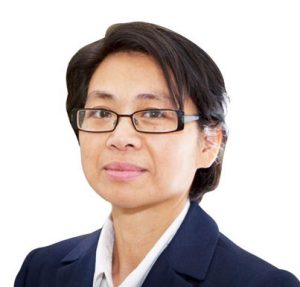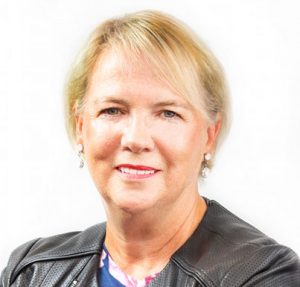Zhao Hui Koh is using his psychology PhD research with Swinburne University of Technology to bring mental health checks to a much wider audience.
Zhao is working on a fascinating project to integrate evidence-based mental health and wellness assessment services into the SiSU Health Check stations already in place across metropolitan, urban and regional locations, and spoke to us about his path to this project and where he hopes to take this work.
Tell us a little about your life before you started your research / study
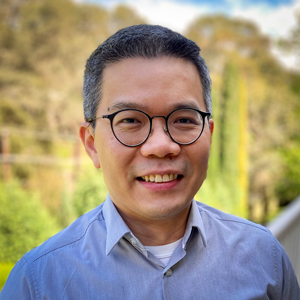 I was born and grew up in Kuala Lumpur, Malaysia. My parents gave my brothers and I our first computer – an Intel 80286 PC (showing my age here!) and countless hours of computer gaming and programming laid the path to my IT career. I completed a Bachelor of Computer Science at the University of Adelaide, worked as a software developer for two years then did a Postgraduate Diploma in Science at the University of Melbourne. I became fascinated by ‘autonomous software agents’ – an emerging area in artificial intelligence involving code segments that could act autonomously under certain contexts, collaborating with virtual agents or humans.
I was born and grew up in Kuala Lumpur, Malaysia. My parents gave my brothers and I our first computer – an Intel 80286 PC (showing my age here!) and countless hours of computer gaming and programming laid the path to my IT career. I completed a Bachelor of Computer Science at the University of Adelaide, worked as a software developer for two years then did a Postgraduate Diploma in Science at the University of Melbourne. I became fascinated by ‘autonomous software agents’ – an emerging area in artificial intelligence involving code segments that could act autonomously under certain contexts, collaborating with virtual agents or humans.
Tell us about your career so far?
I’ve worked as a software developer/consultant for over a decade, building enterprise web portals across different sectors such as government, telecommunication and financial services. Technology was a ‘wonderland’ and everything seemed so exciting and full of possibilities. Over time, my passion for IT stagnated and I became interested in the field of psychology. I studied psychology part-time and gained my honours degree [university]. When I saw the DHCRC HDR opportunity I realised I could combine my IT skills with psychology to create something novel and unique.
What got you interested in digital health?
While studying psychology, I was also interested in the neuronal basis of our behaviour – that is, how we can explain aspects of our behaviour through the responses of neurons in the brain. I’m also curious about how the measurement of biological responses (physiological/neurological) correlates with our subjective experience and self-report measures. This is a very interesting part of psychology and I’m excited to explore it more through my PhD.
What’s your current research about?
My research will integrate an evidence-based mental health assessment into SiSU Health stations. Behind the scenes, there are a few core research studies involved – such as exploring the psychological factors (belief, attitude, behaviour) of the general public towards using digital health products, examining innovative ways to increase uptake and maintenance of digital health usage, investigating an optimal mental health assessment for the general public and deriving insights from health data analytics.
What are the benefits that we will get from this research?
SiSU Health (our industry partner) has an extensive network of health stations distributed across urban, regional and rural areas in Australia. Currently, these health stations provide free and accessible physical health checks (including blood pressure, weight, height and BMI) to Australians. This project will integrate an evidence-based mental health assessment into these stations, with the intent to provide a more holistic view of the general health and wellbeing of an individual, improve health literacy across the nation and empower personal self-care.
What benefits have you seen from digital health?
COVID-19 has highlighted the benefits of digital health, particularly during lockdowns. Through digital health, we can seek help from professionals or support workers beyond geographical boundaries. I am still amazed and impressed by the responses and adaptability of Australians, the government and businesses in adapting to the new way of living, including the changes required to make all essential services available online in a short amount of time.
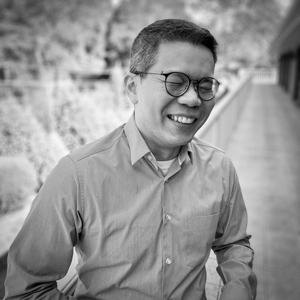 What do you like to do when you’re not working or studying?
What do you like to do when you’re not working or studying?
When I’m not working or studying, I like walking through nature, watching Netflix and YouTube, reading books (fiction and non-fiction), playing console games, learning a piano piece or doing some DIY programming.
Mandarin is my first language and I love a good local market that is buzzing with life and filled with plenty of street food choices.
Favourite technology?
Apple products top my ‘favourite technology’ list because of their seamless experience.
Three words to describe me:
Quiet, Geeky, Sensitive
Where do you hope to be, five years from now? …
I hope to have completed my PhD study and able to make some impact on society through my research project, and to have enrolled into a clinical psychology program to complement my research.

